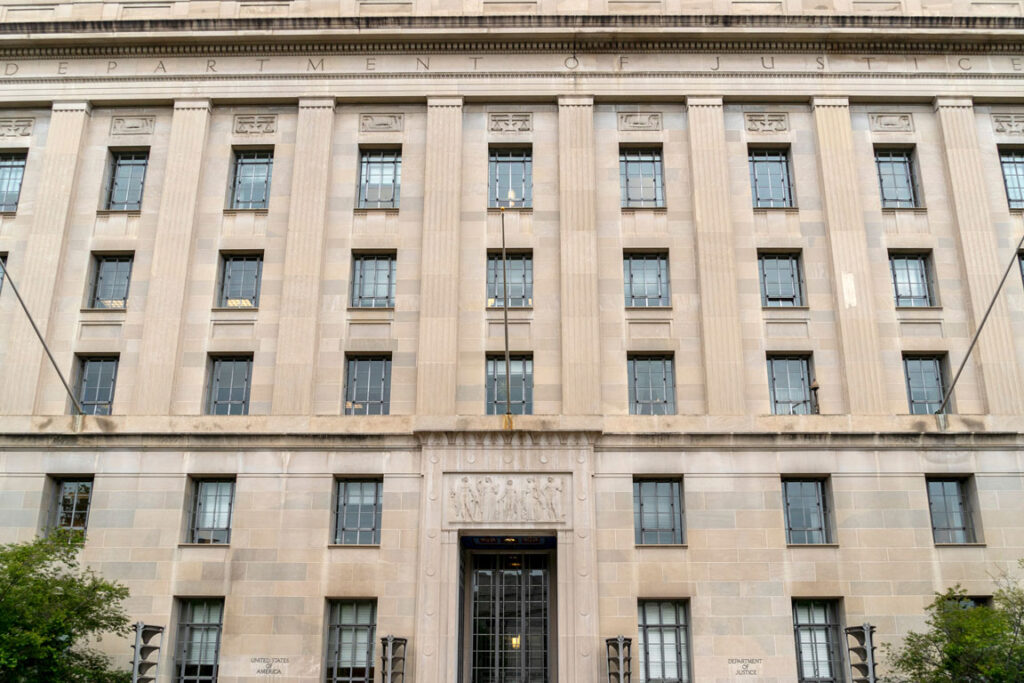US trustees and bankruptcy administrators play integral roles in the bankruptcy process. The bankruptcy litigation experts of Todd Cushner & Associates help you comply with requests from US trustees and bankruptcy administrators to ensure your case moves forward smoothly. This article will provide information on the duties of US trustees and bankruptcy administrators along with additional helpful facts.
Additional Bankruptcy 101 Articles: Bankruptcy 101 – Bankruptcy Terminology
Bankruptcy 101 – Filing for Chapter 13 Bankruptcy
U.S. Trustees
When a bankruptcy case is filed, the United States trustee assigns an impartial case trustee to administer the case and liquidate the debtor’s nonexempt assets. The trustee monitors the conduct of bankruptcy parties and private estate trustees, oversees related administrative functions, and acts to ensure compliance with applicable laws and procedures. The U.S. Trustee Program is a component of the U.S. Department of Justice.
About The U.S. Trustee Program
The United States Trustee Program is the component of the Department of Justice responsible for overseeing the administration of bankruptcy cases and private trustees under 28 U.S.C.
§ 586 and 11 U.S.C. § 101, et seq. We are a national program with broad administrative, regulatory, and litigation/enforcement authorities whose mission is to promote the integrity and efficiency of the bankruptcy system for the benefit of all stakeholders–debtors, creditors, and the public. The USTP consists of an Executive Office in Washington, DC, and 21 regions with 90 field office locations nationwide.

Mission Statement
The mission of the United States Trustee Program is to promote the integrity and efficiency of the bankruptcy system for the benefit of all stakeholders – debtors, creditors, and the public.
Bankruptcy Administrators
Congress established the bankruptcy administrator program in 1986. The bankruptcy administrator offices in the six judicial districts of Alabama and North Carolina oversee the administration of bankruptcy cases, maintain a panel of private trustees, and monitor the transactions and conduct of parties in bankruptcy. Bankruptcy administrators also:
- Approve and maintain a list of approved credit counseling agencies and debtor education providers in their districts; and
- Issue the schedules of administrative expenses which contain, by judicial district, the chapter 13 multiplier needed to complete certain bankruptcy forms.

Credit Counseling and Debtor Education Courses
All individual bankruptcy filers are required to complete pre-bankruptcy credit counseling and pre-discharge debtor education. These may not be provided at the same time. Credit counseling must take place before you file for bankruptcy; debtor education must take place after you file.
Certificate of completion for both credit counseling and debtor education are required but before the filer’s debts can be discharged. Only credit counseling organizations and debtor education course providers that have been approved by the U.S. Trustee Program may issue these certificates.
Guiding You Through the Bankruptcy Process
The bankruptcy attorneys of Todd Cushner & Associates are with you every step of the way, helping ensure you achieve the best possible results.

